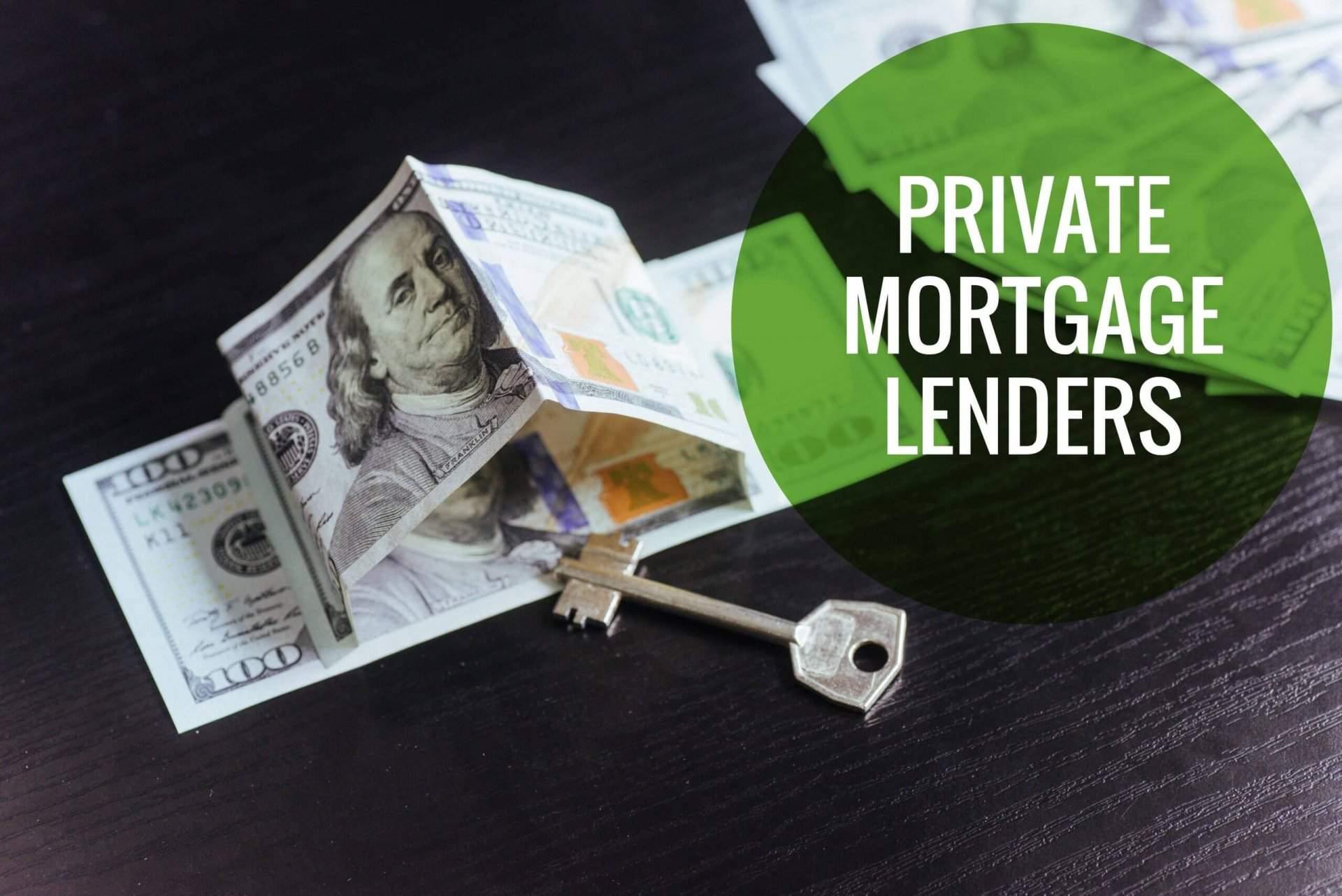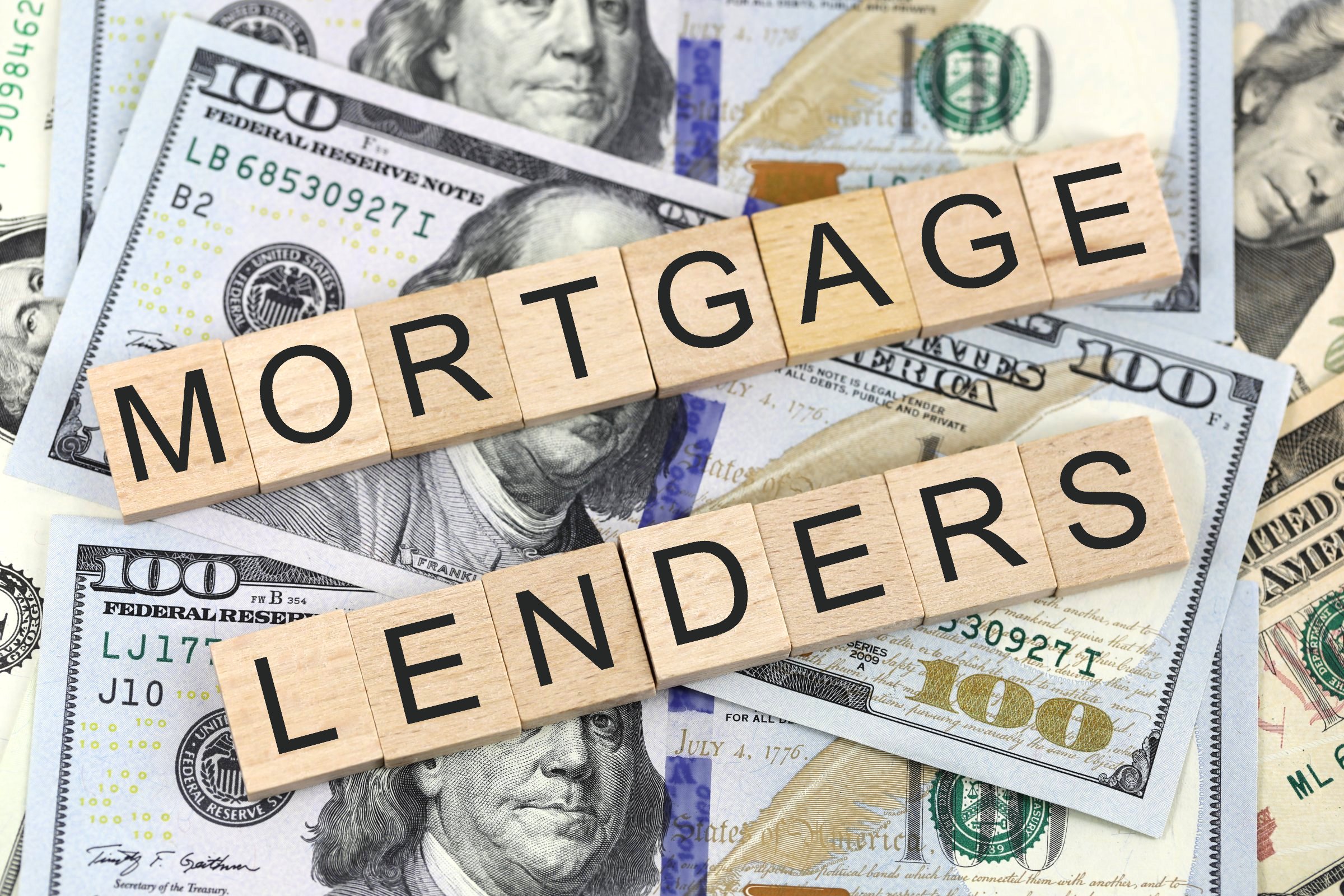Just how It Works: A Comprehensive Overview to Mortgage Lending for First-Time Buyers
Navigating the world of mortgage lending can be intimidating for newbie customers. Understanding the essential parts like principal, rate of interest, and down payments is necessary. In addition, acknowledging the different sorts of mortgage finances and the application procedure can significantly impact one's experience. By checking out essential elements that influence passion prices, purchasers may reveal valuable understandings. What else should they take into consideration before making such a significant monetary commitment?
Comprehending Mortgage Basics
When new customers get in the domain name of homeownership, understanding mortgage fundamentals ends up being vital for making notified decisions. A mortgage is fundamentally a car loan safeguarded by the building being bought, permitting people to purchase a home without paying the full price upfront. Purchasers should be aware of key components, including principal, interest, taxes, and insurance coverage, typically summed up as PITI. The principal is the amount obtained, while passion is the price of borrowing that amount, expressed as a percentage. Taxes and insurance policy are extra expenses that can significantly affect monthly settlements. Buyers must additionally consider the loan term, generally 15 or 30 years, which affects payment quantities and total passion paid. Understanding credit report is crucial, as they influence finance qualification and passion rates. Realizing these basic ideas equips novice buyers to navigate the mortgage landscape with confidence and choose that align with their financial goals.
Sorts Of Mortgage Loan
When considering mortgage choices, new buyers usually experience two key types: fixed-rate and adjustable-rate home loans. Fixed-rate home loans provide security with constant repayments over the lending's term, while variable-rate mortgages can supply reduced preliminary rates that may change with time. Understanding these differences is essential for making a notified decision.
Fixed-Rate Home loans
Fixed-rate home loans give stability and predictability for new homebuyers navigating the intricacies of home funding. With a fixed-rate mortgage, the rate of interest rate continues to be consistent throughout the car loan term, normally ranging from 15 to thirty years. This consistent price enables purchasers to prepare their budgets effectively, recognizing that their regular monthly repayments will certainly not change. Newbie buyers take advantage of this structure as it eliminates unpredictability in long-term economic commitments. Additionally, fixed-rate home mortgages commonly include lower preliminary rates contrasted to adjustable-rate options, making them an eye-catching option for those looking to develop home equity gradually. In general, fixed-rate home mortgages supply an uncomplicated path to homeownership, ideal for individuals seeking lasting monetary security.
Adjustable-Rate Mortgages
For newbie homebuyers seeking versatility, adjustable-rate home loans (ARMs) can provide an attractive choice to fixed-rate financings. ARMs usually offer lower preliminary interest rates, making month-to-month payments extra budget-friendly in the early years. These rates rise and fall after an initial fixed period, which can lead to enhanced payments over time. Consumers should comprehend the index and margin that identify future price modifications. Typically, ARMs have change durations of one, three, or 5 years, with periodic caps to limit just how much rates can enhance at each modification. While ARMs can be advantageous for those preparing to offer or refinance before the rate readjusts, they also carry risks if market conditions change considerably. Extensive study is important for notified decision-making.
The Mortgage Application Process

Secret Elements Affecting Rate Of Interest

Down Repayments and Closing Prices
Recognizing down repayments and shutting costs is essential for first-time homebuyers, as these expenses substantially influence the overall affordability of a home mortgage. A deposit is the preliminary amount paid towards the home's purchase price, normally expressed as a percentage. It can range from as reduced as 3% to 20% or even more, relying on the lending type and loan provider needs. A bigger deposit can minimize regular monthly mortgage repayments and get rid of personal mortgage insurance (PMI), which secures loan providers in case of default.Closing costs, on the other moved here hand, incorporate numerous charges sustained during the home-buying process. These might consist of financing source costs, appraisal costs, title insurance policy, and lawyer charges, typically totaling 2% to 5% of the home's acquisition price. First-time customers need to budget plan for both deposits and closing prices to guarantee they can secure their mortgage and successfully browse the home-buying process.
Tips for First-Time Homebuyers
What vital suggestions can first-time buyers follow to navigate the usually difficult process of acquiring a home? Setting a realistic spending plan is important. Customers must assess their monetary circumstance, consisting of revenue, expenditures, and prospective mortgage payments. Next off, obtaining pre-approval for a home mortgage can offer quality on what one can afford and reinforce their position when making an offer.Researching communities is equally essential; customers should think about variables such as facilities, institutions, and future growths. Furthermore, it is advisable to deal with a certified actual estate agent who can use beneficial understandings and assistance throughout the purchasing process.Home inspections ought to not be forgotten, as they can reveal hidden problems that may influence lasting contentment. Customers ought to continue to be client and versatile, comprehending that locating the appropriate home might go to these guys take time. By following these suggestions, novice property buyers can come close to the marketplace with self-confidence and expertise.
Regularly Asked Inquiries
What Records Are Required for Mortgage Pre-Approval?
For mortgage pre-approval, individuals typically need to offer revenue confirmation, employment background, debt records, income tax return, bank statements, and information of any type of financial obligations (Private Mortgage Lenders Savannah GA). These papers assist lenders assess economic ability and determine funding eligibility
Can I Get a Mortgage With Bad Credit Score?

Lots of lenders consider candidates with bad credit history, though terms might vary. Greater interest rates or bigger deposits could be needed. Exploring choices with specialized lenders or government programs can additionally improve possibilities for approval.
For how long Does the Mortgage Authorization Process Take?
The mortgage approval process generally takes in between 30 to 45 days. Aspects affecting this timeline consist of the loan provider's performance, the borrower's monetary documentation, and the complexity of the funding application. Hold-ups might occur Continued as a result of added requirements.
What Occurs if I Miss a Home Loan Settlement?
If a home mortgage settlement is missed, late costs might be sustained, and credit report can experience. Extended non-payment might lead to foreclosure procedures, triggering the lending institution to redeem the property after a series of warnings.
Can I Re-finance My Mortgage Later On?
Re-financing a home loan later is typically possible, permitting home owners to readjust their lending terms, rate of interest, or month-to-month settlements. Nonetheless, eligibility depends upon credit rating scores, present market conditions, and the existing mortgage's terms. Private Mortgage Lenders Savannah GA.
Comments on “The Role of private mortgage lenders savannah ga in simplifying today’s volatile mortgage market”